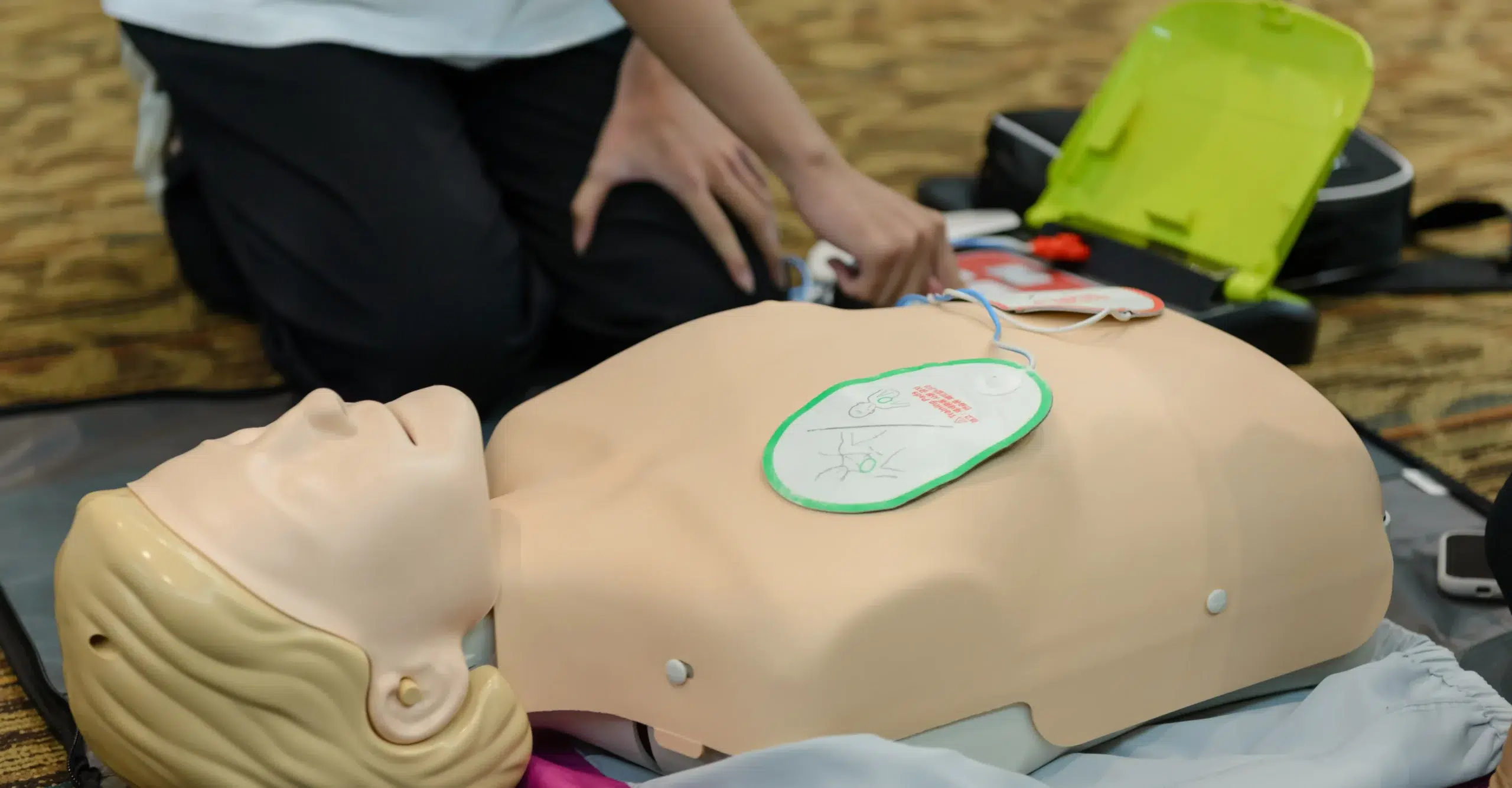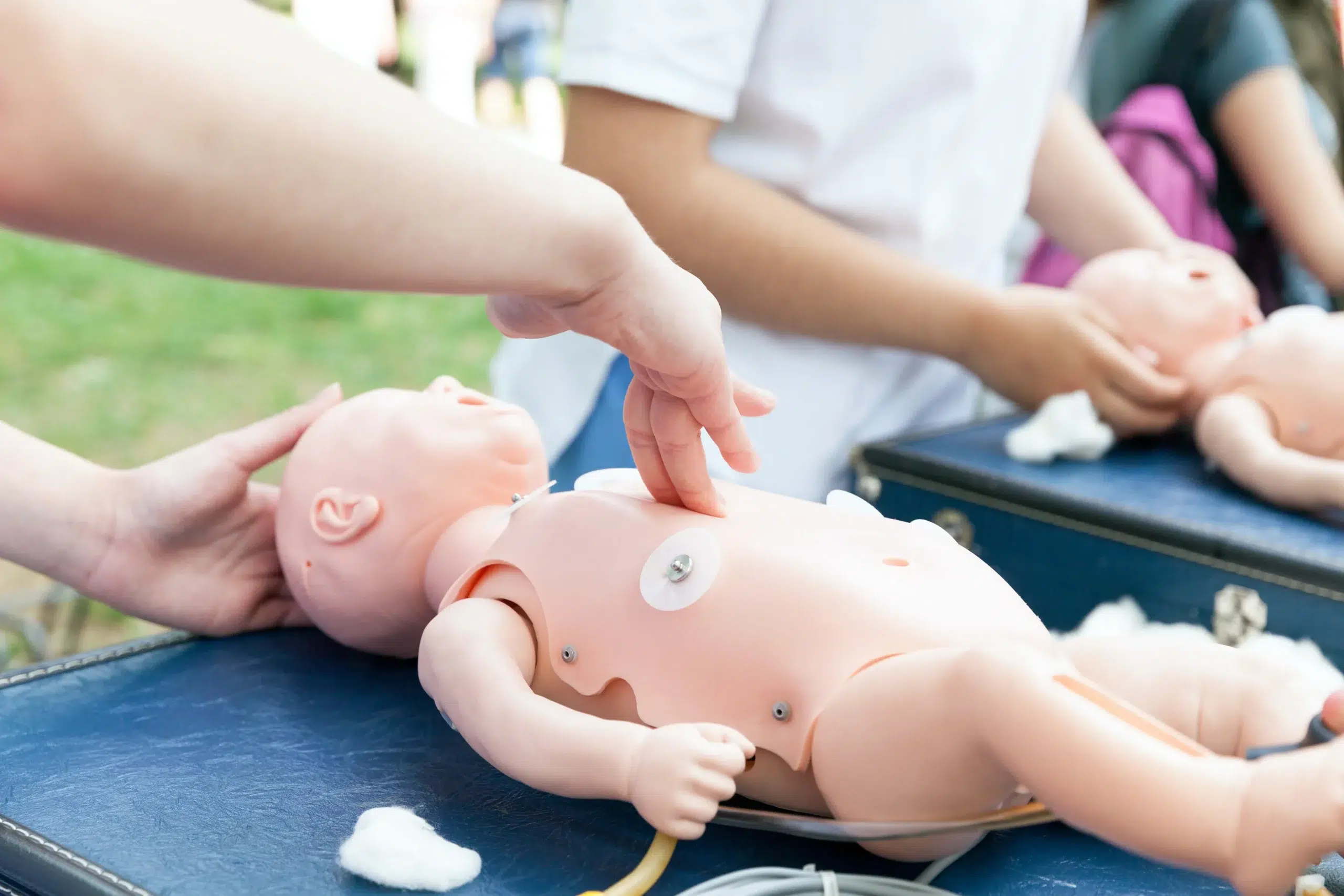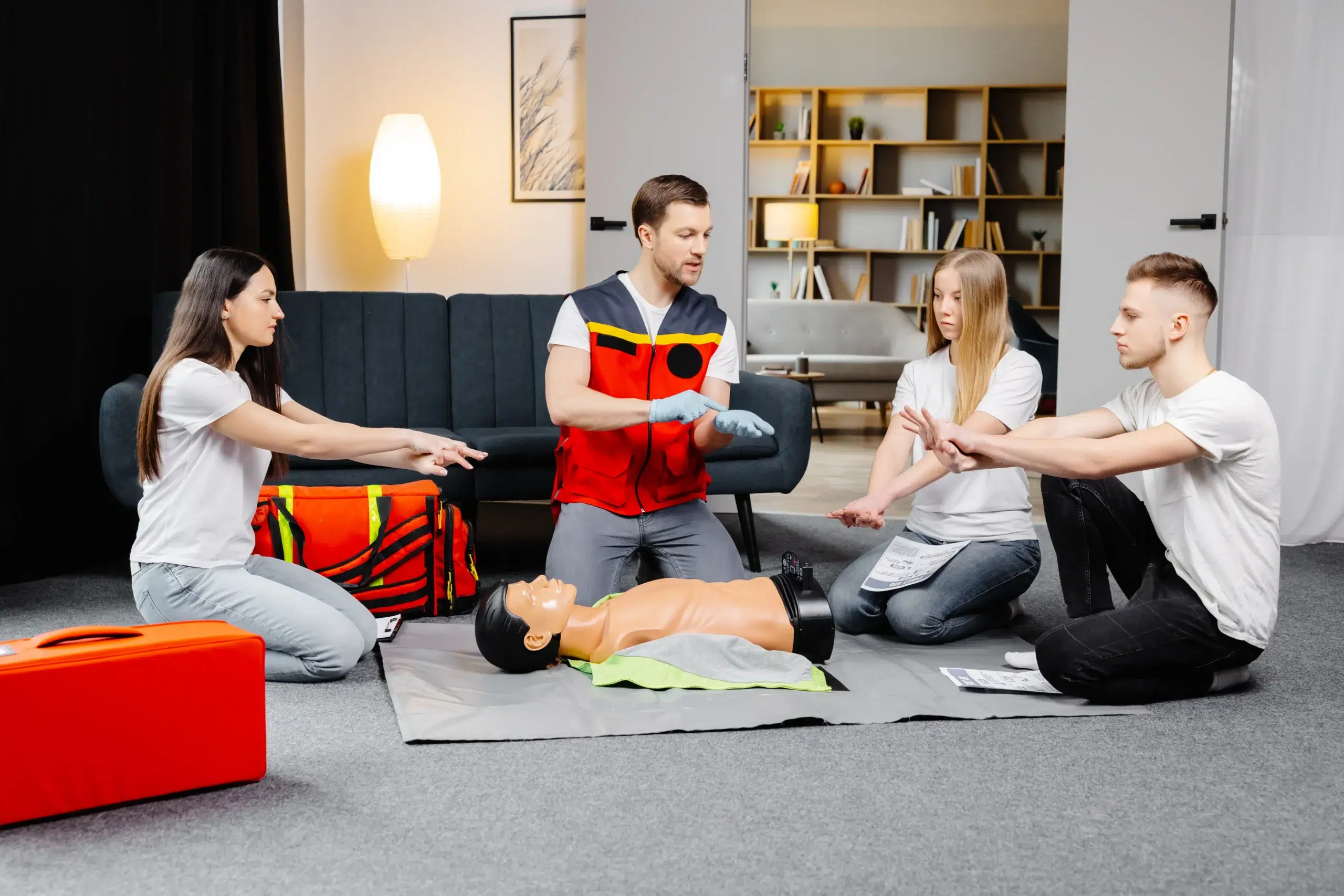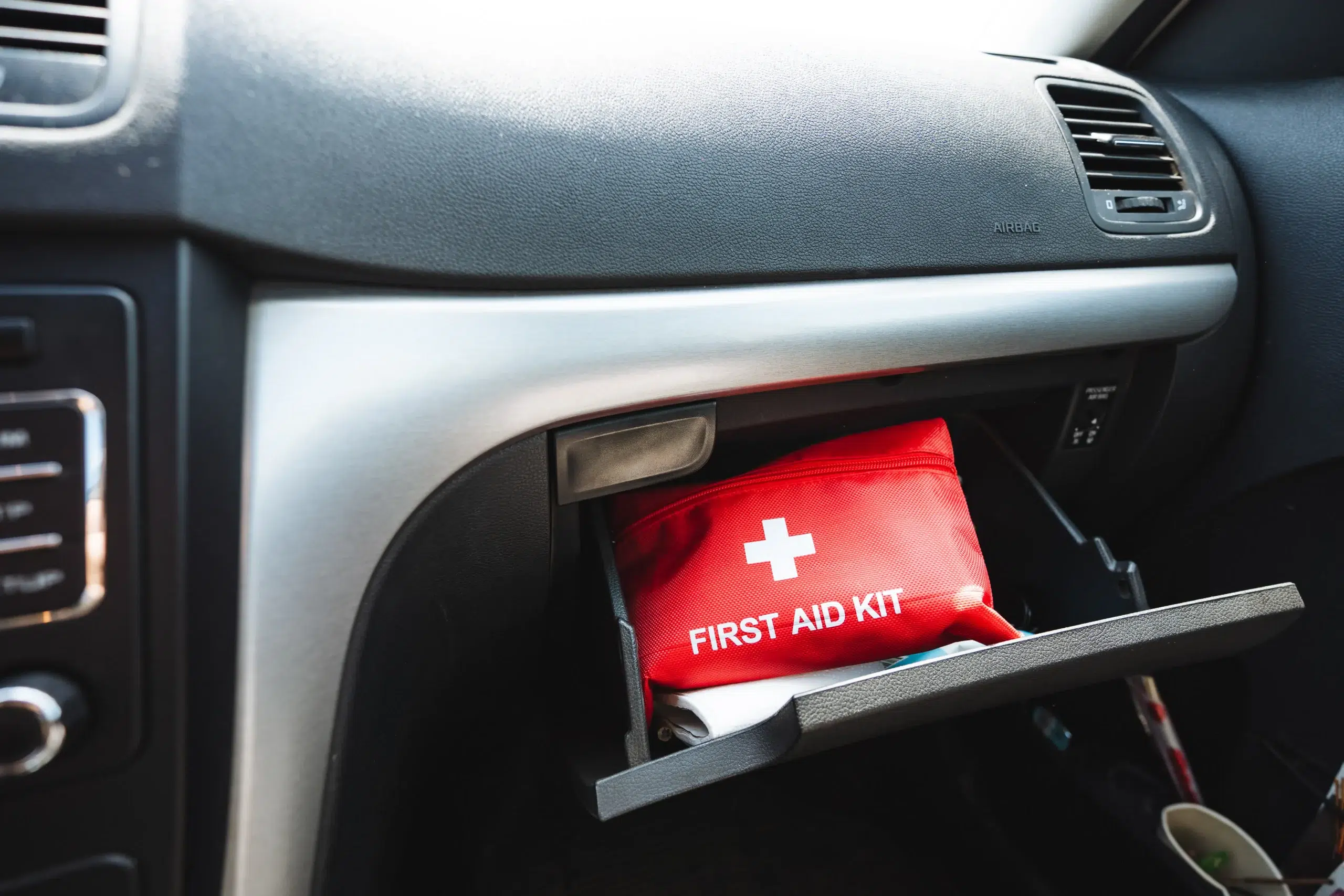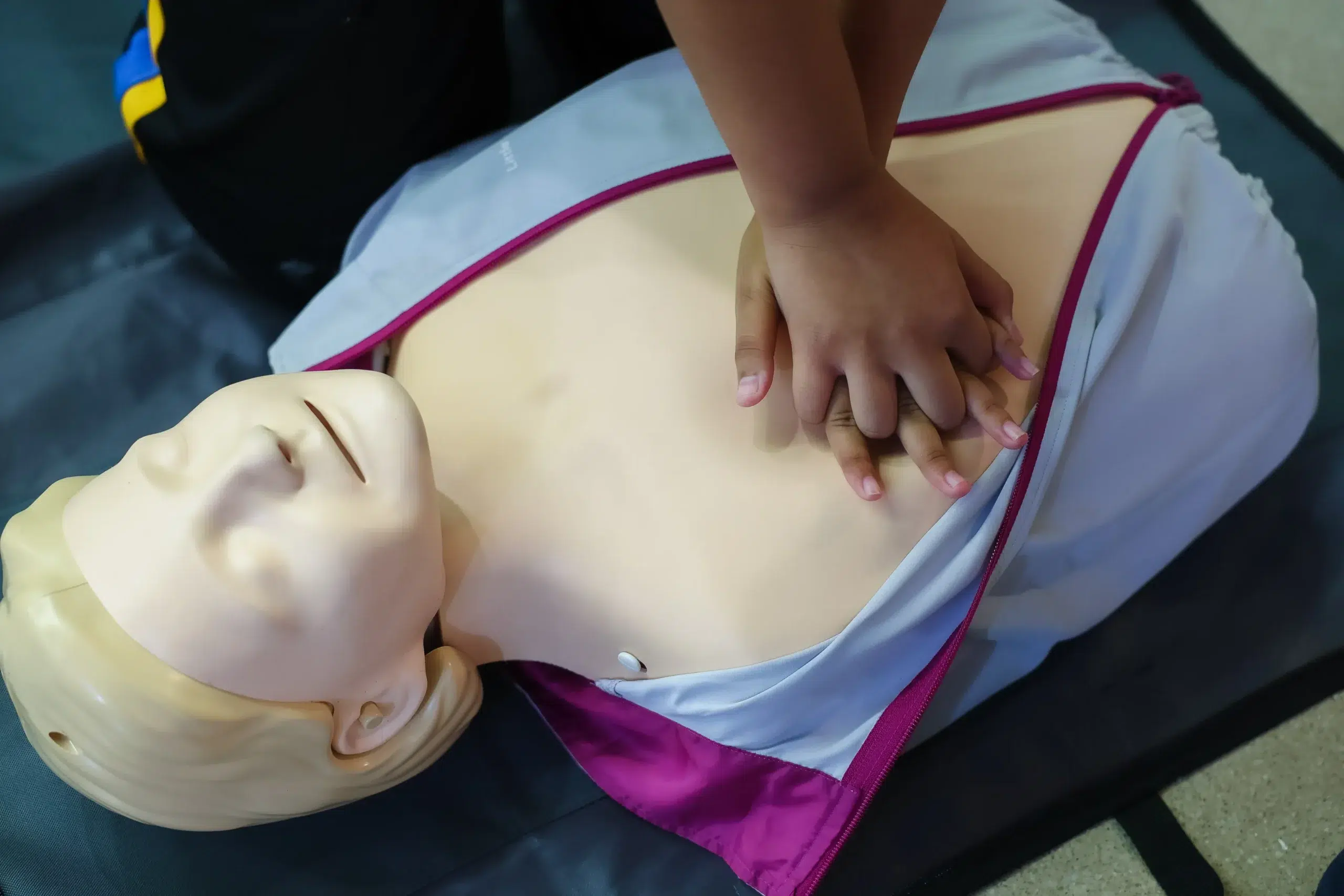Working in healthcare, especially with children, means being prepared for anything. From routine check-ups to unexpected emergencies, you need the skills to respond effectively. That’s where Pediatric Advanced Life Support (PALS) certification comes in. PALS empowers healthcare providers like you with the knowledge and confidence to handle critical situations involving infants and children. Whether you’re a seasoned professional looking to refresh your skills or just starting your healthcare career, finding the right PALS course is essential. This guide breaks down everything you need to know about PALS certification, including the benefits of online PALS classes in Sacramento, key course components, and how to choose the right program for your needs.
Key Takeaways
- PALS certification equips you with essential skills: It provides advanced life support training specifically designed for infants and children, crucial for any healthcare provider. Find a course that offers flexible learning options like online modules and in-person skills sessions.
- Choosing the right PALS course requires careful consideration: Look for AHA-accredited providers with positive reviews, clear pricing structures, and comprehensive resources. Consider factors like location, schedule, and learning environment.
- Maintaining your PALS certification demonstrates your commitment to high-quality care: Renew your certification every two years to stay current with the latest protocols and best practices in pediatric advanced life support. This ensures you’re always prepared for pediatric emergencies.
What is PALS Certification?
What is PALS and why is it important?
PALS stands for Pediatric Advanced Life Support. It’s a specialized course designed to equip healthcare providers with the skills to respond to life-threatening emergencies in infants and children. Think of it as advanced training that builds upon basic life support skills. A PALS certification demonstrates a higher level of competency in pediatric care, crucial for roles where you might encounter these critical situations. This specialized knowledge can make a real difference in positive outcomes for young patients. For a deeper dive into PALS, take a look at this informative article.
Benefits of Online PALS Training
Online PALS courses offer a convenient way to acquire this essential certification. The biggest advantage is flexibility. You can access course materials anytime, anywhere, fitting the training around your existing schedule. This is especially helpful for busy professionals juggling work and other commitments. Online courses also often incorporate real-world scenarios and interactive elements, creating a more dynamic and engaging learning experience. This helps you understand the material better and apply it effectively during actual emergencies.
Key PALS Course Components
A typical PALS course blends online learning with hands-on practice. You’ll usually begin with online modules covering the theoretical aspects of pediatric advanced life support. These modules often include interactive lessons, videos, and quizzes to reinforce what you’re learning. After completing the online portion, you’ll participate in an in-person skills session where you’ll practice techniques like CPR, intubation, and medication administration. This combination of online theory and practical application ensures you’re fully prepared to handle real-life pediatric emergencies. This overview provides a good look at a typical course structure.
Find the Right PALS Course
Choosing the right Pediatric Advanced Life Support (PALS) course is crucial for healthcare providers who want to confidently handle pediatric emergencies. Several reputable organizations offer PALS certification in the Sacramento area, each with its own strengths. Let’s take a closer look at a few options to help you make an informed decision.
American Heart Association (AHA)
The American Heart Association (AHA) offers PALS certification classes in Sacramento. These courses are designed for healthcare providers looking to enhance their skills in managing pediatric emergencies. The AHA is a well-respected organization, and their certification is widely recognized.
NorCal CPR Training
NorCal CPR Training stands out as an American Heart Association Authorized Training Center in Greater Sacramento offering PALS renewal. This makes them a convenient option for those needing to recertify. Their affiliation with the AHA ensures high-quality training and adherence to the latest guidelines.
No Stress EMS
No Stress EMS provides a PALS course in Sacramento specifically designed for healthcare professionals such as doctors, nurses, and paramedics. Their course focuses on advanced techniques for responding to pediatric emergencies, including cardiac arrest, respiratory failure, and shock.
Roseville CPR Classes
Roseville CPR Classes offers comprehensive PALS training that blends online learning with hands-on skills practice. This blended learning approach allows for flexibility while ensuring you gain practical experience. They serve the Roseville, Rocklin, and Sacramento areas.
Flexible Learning Options
Roseville CPR Classes understands that healthcare professionals have busy schedules. Their blended learning approach, combining online coursework with in-person skills sessions, offers the flexibility to learn at your own pace and choose a skills session time that works best. Online components often incorporate real-world scenarios and adaptive learning techniques to cater to different learning styles.
AHA-Authorized Training Center
Roseville CPR Classes’ affiliation with Safety Training Seminars, an AHA Training Center, ensures that the training you receive meets the highest standards. This affiliation also means you’ll receive an AHA certification upon successful completion, which is widely accepted in the healthcare field.
Comprehensive Support System
Roseville CPR Classes is committed to providing a supportive learning environment. They offer group discounts for PALS training, making it a cost-effective option for teams. Their focus on student success ensures you have the resources and support you need throughout your PALS journey.
Costs, Prerequisites, and Course Details
Knowing the costs, what’s included, and how the course is structured can help you choose the right PALS class. Let’s break down the key details:
PALS Class Price Ranges
PALS course fees vary. Expect to pay anywhere from $100 to $290, depending on the training center and any included perks. Some providers, like No Stress EMS, offer discounts for cash payment or using payment apps like Venmo. For specific pricing, see their PALS course details.
What do course fees include?
Course fees typically cover online training, the in-person skills assessment, and your certification card. Some training centers may also include additional resources, like practice exams or refresher materials. Sacramento CPR Classes bundles the online course, skills testing, and certification card in their pricing.
Required Certifications and Preparation
Before starting a PALS course, make sure you meet the prerequisites. While prior certifications aren’t always required, having current healthcare provider CPR certification is often recommended. You’ll also need the AHA PALS provider manual. You can purchase a PALS textbook or borrow one. Check with your chosen provider for specific requirements. This guide to PALS Certification offers a good overview of the skills covered in PALS training.
Course Format and Flexibility
Most PALS courses now offer blended learning. This combines online modules with an in-person skills practice session and testing. Online learning lets you learn at your own pace, while the in-person component ensures you develop hands-on skills. Online PALS courses often use real-world applications to enhance learning, as noted by ACLS.com.
Tech Requirements for Online Learning
For the online modules, you’ll need a reliable device (laptop, desktop, or tablet with a keyboard) and a stable internet connection. This ensures you can access course materials, complete assignments, and participate in any virtual sessions.
Make the Most of Online PALS Training
Online PALS training offers flexibility, but to truly benefit, you need the right approach. Here’s how to maximize your online PALS learning experience:
Effective Online Learning Strategies
Online PALS courses offer features like real-world simulations and interactive exercises to enhance learning. Embrace these features. Actively participate in discussions and apply the knowledge through case studies. Find what works best for you and stick with it. Consistent study habits are key—dedicate specific times for coursework to stay on track. Online PALS courses often cater to diverse learning styles, creating a more inclusive learning environment.
Access Support and Resources
Take advantage of all available resources. Many online PALS courses provide video demonstrations, practice tests, and self-evaluation tools. Don’t hesitate to contact instructors if you have questions. Their guidance can clarify complex concepts and provide personalized support.
Prepare for the In-Person Skills Assessment
Remember, online PALS training typically involves a required in-person skills check. Familiarize yourself with the skills checklist beforehand. Practicing key skills like chest compressions and ventilation techniques will build your confidence for the assessment. Some providers structure their courses with an initial online portion followed by a scheduled in-person skills session.
Overcome Online PALS Challenges
Online learning presents unique challenges. Combat feelings of isolation by connecting with other students online or forming study groups. To avoid procrastination, create a realistic study schedule and stick to it. Break down the coursework into smaller, manageable chunks to make it less daunting. Understanding common online learning challenges and their solutions can significantly improve your online learning experience. Remember, flexibility is a benefit, but it requires self-discipline. Stay organized, motivated, and proactive in your learning journey.
Choose the Right PALS Class & Maintain Certification
Why AHA Accreditation Matters
When selecting a PALS class, prioritize a program accredited by the American Heart Association (AHA). AHA accreditation ensures the training adheres to rigorous quality and effectiveness standards, providing the most current and relevant information in pediatric advanced life support. Roseville CPR Classes, affiliated with Safety Training Seminars, an AHA Training Center, offers high-quality PALS courses. This accreditation not only strengthens the training’s credibility but also gives you confidence in the material.
Evaluate Course Reviews and Testimonials
Before committing to a PALS course, read reviews and testimonials. Honest feedback from past participants offers valuable insights into the quality of instruction and the overall learning experience. Look for providers like Roseville CPR Classes with consistently positive reviews, reflecting effective training and recognized certification. This research helps you choose a course that aligns with your learning style and professional goals.
Skills You Will Gain
A PALS certification course equips healthcare providers with essential skills to manage pediatric emergencies. You’ll learn to respond effectively to life-threatening situations involving infants and children. PALS certification covers critical skills, from airway management and rhythm recognition to effective team dynamics during resuscitation. This training is invaluable for anyone working with children in a healthcare setting.
Maintain Your PALS Certification
Your PALS certification is valid for two years. To stay current with the latest protocols and best practices in pediatric advanced life support, renew your certification regularly. Maintaining your certification demonstrates your commitment to providing high-quality care and ensures you’re prepared for any pediatric emergency. This ongoing education is crucial for staying at the forefront of pediatric care.
Related Articles
- PALS Certification in Roseville: Your Complete Guide – Roseville CPR Classes
- PALS HeartCode Rocklin: Your Certification Guide – Roseville CPR Classes
- AHA Training in Roseville: Your Certification Guide – Roseville CPR Classes
- BLS HeartCode Rocklin: Your Certification Guide – Roseville CPR Classes
- AHA PALS Classes in Roseville, CA – Roseville CPR Classes
Frequently Asked Questions
Is online PALS training as effective as in-person training?
Online PALS training offers a great deal of flexibility, allowing you to learn the material at your own pace. However, it’s important to remember that PALS certification requires both knowledge and practical skills. Most online courses now incorporate a mandatory in-person skills session where you’ll practice techniques and demonstrate competency. This blended approach combines the convenience of online learning with the essential hands-on experience.
How long does PALS certification last, and how do I renew it?
PALS certification is typically valid for two years. To renew your certification, you’ll need to take a PALS renewal course before your current certification expires. Renewal courses cover updates to guidelines and reinforce essential skills, ensuring you’re always prepared to provide the best possible care.
What’s the difference between BLS and PALS?
BLS (Basic Life Support) teaches fundamental life-saving techniques, including CPR. PALS (Pediatric Advanced Life Support) builds upon those basic skills, focusing specifically on the specialized needs of infants and children during emergencies. PALS delves into more advanced concepts like airway management, rhythm recognition, and team dynamics during resuscitation.
What if I don’t work in a hospital? Do I still need PALS certification?
While PALS is often associated with hospital settings, it can be valuable for any professional regularly interacting with children in a setting where emergencies might occur. This could include school nurses, camp counselors, or even childcare providers. The ability to respond effectively in a crisis can make a significant difference.
How can I find a reputable PALS training provider in my area?
Look for training centers affiliated with recognized organizations like the American Heart Association. Reading reviews and testimonials from previous students can also give you a sense of the quality of instruction and support offered. Make sure the course includes both online learning and an in-person skills component for a well-rounded learning experience.


